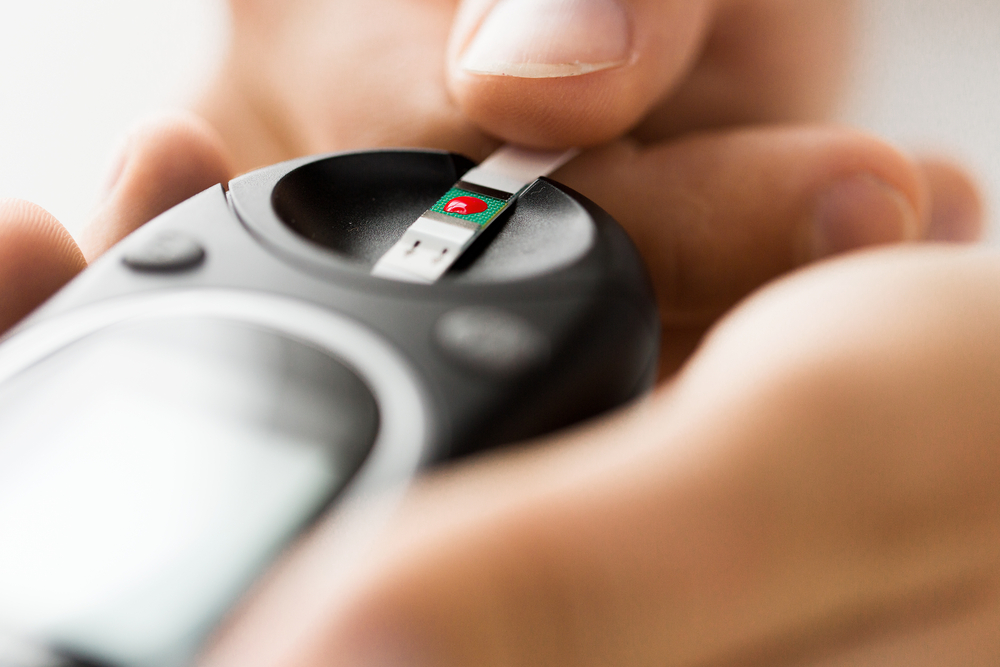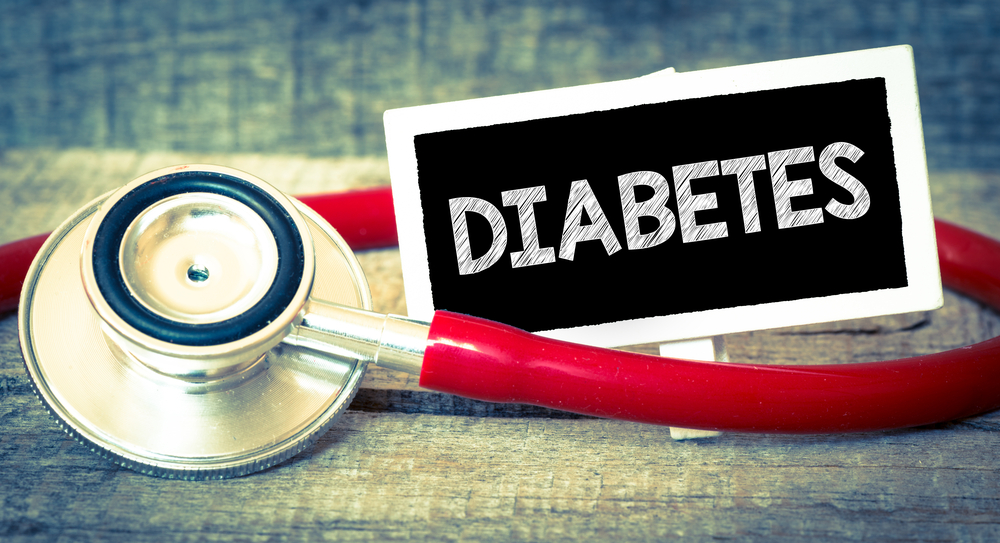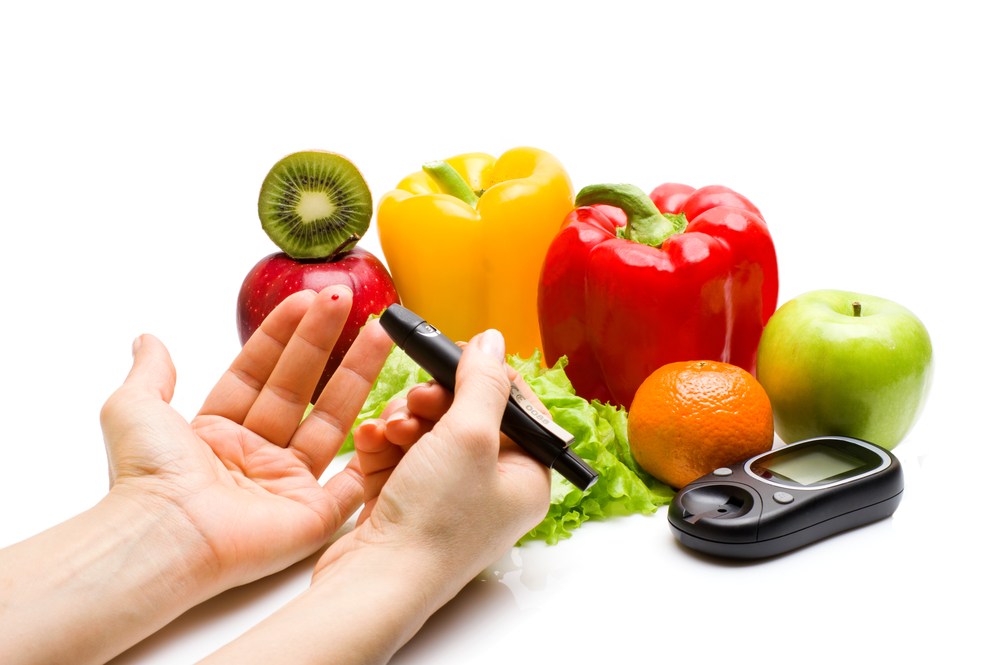Symptoms that say you have diabetes
The most common symptoms of diabetes may include frequent urination, sudden weight loss, increased thirst, blurred vision, tiredness, and extreme hunger.
Diabetes
Diabetes is a disorder characterized by hyperglycemia (high blood glucose) resulting from absolute or relative insulin deficiency. Glucose found in your blood is the primary source of energy for your body, and it comes from the food you eat. Our body gets this special sugar called glucose from carbohydrate-rich foods like bread, rice, potatoes, cereals, fruit, yogurt, pasta, and milk.

Also Read: Aloe Vera- Wand of the Heaven
Insulin is a hormone produced by the pancreas (an organ situated between your stomach and spine) that helps transport this glucose from the bloodstream into all of your body cells. The level of glucose should not go too high or too low. Sometimes your body does not make an adequate amount of insulin or can’t effectively use the insulin it produces. Without the function of insulin, the glucose channels are shut, which causes glucose to build up in the blood leading to high blood sugar levels.
Types of diabetes
According to the world health organization, there are three types of diabetes, namely type 1, type 2, and gestational diabetes.
Type1- Type 1 is defined as a lack of insulin production. It can occur at any age, but most frequently develops in children and young adults. Although the exact cause of the problem is not known, scientists believe that the immune system of the body destroys the insulin-producing cells in the pancreas. Patients with type 1 diabetes are strictly recommended to inject insulin several times a day or continuously infuse with insulin through a pump.
Type 2- In Type 2, the cells are not able to use insulin properly. As a result, the body ‘s requirement for insulin rises. The pancreas does not make enough insulin when glucose level in the blood increases, such as after meals. The problem typically presents later in life. Patients having Type 2 diabetes are often overweight at diagnosis, and there is a strong family background of the disease.
Risk factors for type II diabetes:
- People with cardiovascular disorders
- Obesity
- Individuals with family history of diabetes mellitus
- People with Hyperglycemia
- Individuals over 55 years of age
- Women wit gestation diabetes
Gestational– The third type of diabetes develops during pregnancy, but usually disappear after the pregnancy is over. During pregnancy, women make a hormone that can lead to insulin resistance. All women develop insulin resistance. If the pancreas can’t make an adequate amount of insulin, a woman develops this third type of diabetes.
Signs and Symptoms of diabetes
Diabetes often goes untreated because symptoms can be attributed to many other causes and people experience no symptoms fail to notice warning signs. Possible indications of the condition include:
- Increased appetite
- Increased thirst
- Frequent urination
- Extreme hunger
- Lack of energy/tiredness/drowsiness
- Blurred vision
- Unconsciousness
- Sudden weight loss
- Itchiness and skin infections
If you think you have diabetes, consult with your health care specialist immediately. Drink fluids without adding sugar in it, if able to swallow, to make yourself hydrated.
Complications of diabetes
Untreated high sugar levels may cause:
- Kidney disorders
- Foot problems
- Visual problems or blindness
- Increased risk of myocardial infarction or stroke
- Impotence in men
- Poor blood circulation
- Nerve and blood vessel damage
- Poor wound healing
Diabetes Treatment
Diabetic patients require regular monitoring by their health care specialists to control the sugar levels as well as reduce the risk of complications. Diet and exercise play a significant role in managing the condition especially type 2 diabetes and women with gestational diabetes. In some cases, the problem can under control by involving some lifestyle interventions that help the body utilize blood sugar and prevents hyperglycemia or associated complications. It is also important to drink at least eight glasses of water a day to avoid dehydration, quit smoking, and drink alcohol in moderation only if approved by your health care specialist.
People who are suffering from Type 1 diabetes are often required regular insulin therapy to live. Individuals who have other forms of diabetes, including gestational and type 2 are also prescribed insulin treatment. Insulin can be administered via injections, insulin pens, inhaled insulin, insulin pumps, and jet injectors.
Many people who have diabetes are prescribed with antidiabetic agents. These diabetes medications are approved by the Food and Drug Administration to treat type 2 diabetes, but doctors may also use these drugs to treat other conditions, including polycystic ovarian syndrome, prediabetes, and the problem of insulin resistance. Antidiabetics are best for Type 2 diabetes treatment. Oral diabetes medications include:
- Meglitinides
- Thiazolidinediones
- Alpha-glucosidase inhibitors
- Biguanides
- DPP-4 inhibitors (new group of medications)
- Sulfonylureas
There are also injected medications available to administer intramuscularly. These include incretin mimetics and synthetic amylin. The second injected drug synthetic amylin is the only drug other than insulin approved for the treatment of patients with Type 1 diabetes.
Also Read: Are You Suffering From Ectopic Pregnancy: Signs and Symptoms
Other medications for diabetes care may include antihypertensive agents and cholesterol lowering drugs that are used to treat other related conditions.



